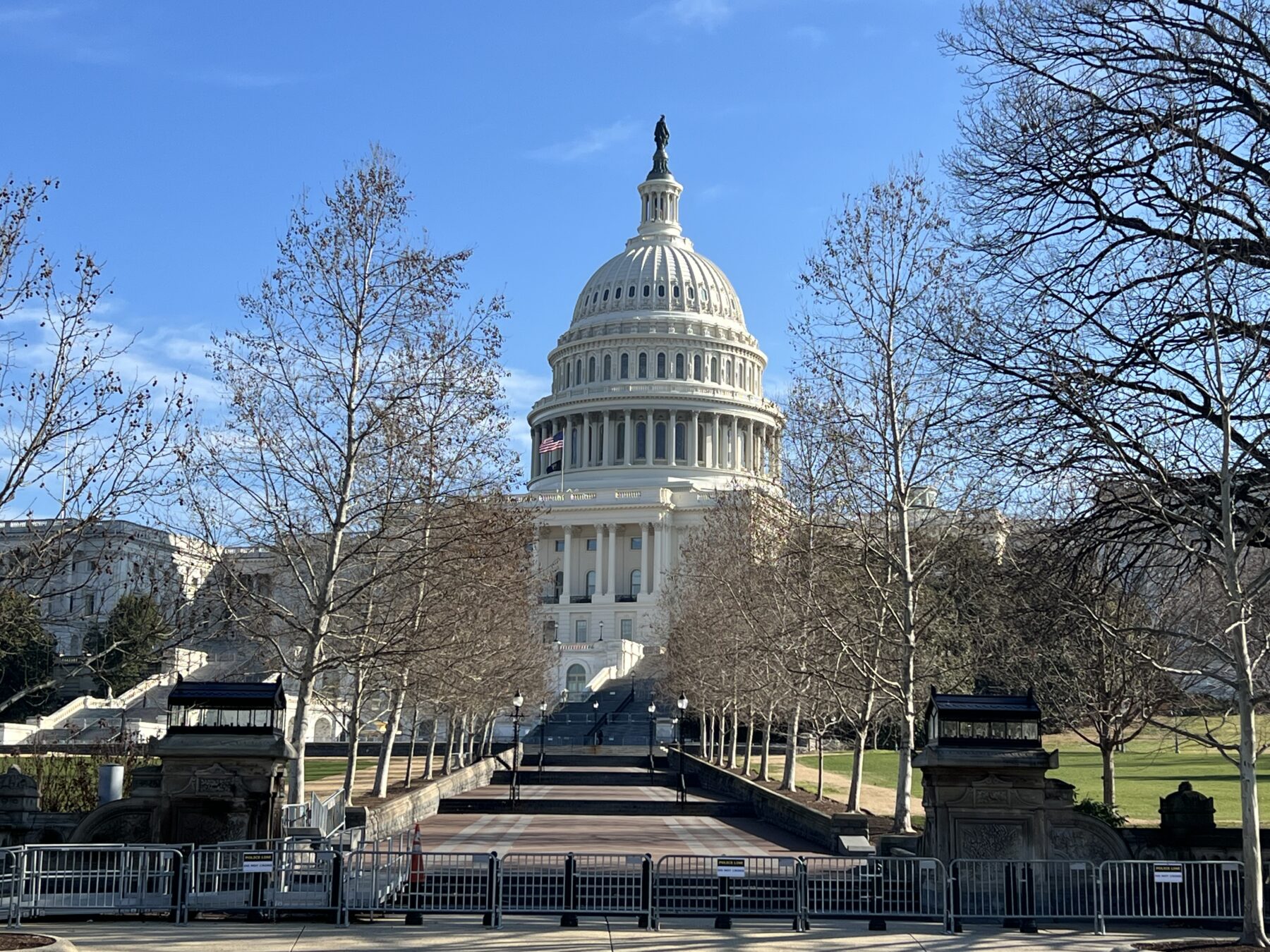Oregon Tilth 2024 Advocacy Agenda

Last week, Oregon Tilth’s Executive Director, Chris Schreiner, participated in the National Sustainable Agriculture Coalition’s Winter Meeting in Washington DC. The event, attended by representatives from over 100 grassroots organizations nationwide, focused on advocating for federal policy reform to enhance the sustainability of agriculture, food systems, natural resources, and rural communities. The three-day agenda covered campaign priorities such as racial justice, the farm safety net, resilient local and regional food systems, and the intersection of climate and agriculture. On the fourth day, coalition members visited more than 100 congressional offices on Capitol Hill. Chris met with four Oregon congressional offices, including two members who serve on the House Agriculture Committee, who will be shaping the next Farm Bill. In Oregon, we’ll work closely with partners to build support for creating an organic policy specialist position at the Oregon Department of Agriculture. This role would focus on providing agency-wide support for organic and transitioning producers.
In 2024 we will continue working on a new federal Farm Bill, the large package of legislation that covers a wide range of farm and food policy.
Last year Congress passed an extension of the 2018 Farm Bill, providing more time to shape this crucial piece of legislation. We will focus on organic research, organic certification cost share, support for transitioning producers, expanding organic markets and more.
Oregon Tilth will also prioritize improvements to the organic standards both through the Farm Bill and engagement with the National Organic Standards Board. In Oregon, we will work closely with partners and the state legislature to create an organic policy specialist at the Oregon Department of Agriculture to focus state-level support for organic and transitioning producers.
Our 2024 Advocacy Agenda will inform our priorities and engagement with leaders and other key decision makers on topics important to the organic sector.

Climate Change Solutions and Resilience
Organic production is a part of the climate change solution. Organic practices are proven to enhance soil health, mitigate climate change and improve on-farm resilience. Organic producers and practices should be explicitly recognized and robustly supported as a part of climate adaptation and mitigation initiatives.
Our advocacy efforts will focus on:
- Ensuring working lands and conservation programs recognize the value of organic practices and work well for organic systems
- More measurement and verification data on the carbon sequestration by organic systems to improve models and ensure accountability

Organic Integrity and Continuous Improvement
Organic is a success story. The consumer demand for organic products has never been greater. We must take steps to assure the future growth and success by continually improving organic standards, ensuring integrity and eliminating fraud.
Our advocacy efforts will focus on:
- Implementation of Strengthening Organic Enforcement (SOE).
- Continuous improvement of organic standards through engagement with the National Organic Program, the National Organic Standards Board and the Accredited Certifiers Association.

Investments in Organic
While organic products represent about six percent of all United States food sales, organic management systems only receive about one percent of USDA agricultural research funding. Increased investments will expand organic production and ensure a more resilient agricultural system.
Our advocacy efforts will focus on:
- Funding for organic-focused research and extension at the state and federal levels
- Certification cost share
